Higher Performance Insights | KNOW-IT-ALL SYNDROME IS BLEEDING TALENT
Here's how campus leaders break the cycle
Here's what nobody tells you about climbing the education ladder:
Every rung makes learning feel more optional.
Every promotion whispers that you've arrived.
Every title suggests you should know, not grow.
It's a trap.
The thing about Maslow
Most campus leaders know the hierarchy. Self-actualization sits at the top like a trophy.
Except Maslow didn't stop there.
Right before he died, he added level eight: self-transcendence. The recognition that your growth isn't about you—it's about enabling everyone else's growth.
He knew something most campus leaders miss: The moment you stop learning, you start the slow leak of influence.
THE NUMBERS DON'T LIE
When campus leaders position themselves as chief learners instead of chief knowers:
Faculty retention jumps 23%. Student outcomes improve 17%. Organizational resilience increases 35%.
When they don't? Institutional influence drops 30% within three years.
Your campus culture doesn't mirror what you say about learning. It mirrors what you do about learning.
THE QUESTION THAT CHANGES EVERYTHING
When was the last time your team saw you struggle with something new?
Not struggle with budget constraints, board politics, or enrollment challenges. Those are management struggles—predictable, expected, part of the job description.
When did they last see you wrestle with an idea? When did they witness your intellectual vulnerability?
Here's the thing: Harvard's 2024 research shows that 70% of organizations believe leaders need to master a broader range of behaviors to meet current needs. In education's volatile landscape, intellectual rigidity isn't just limiting—it's dangerous.
WHAT SELF-TRANSCENDENT LEADERS DO
They get comfortable being uncomfortable.
They attend lectures outside their expertise. They ask questions that reveal curiosity, not evaluation. They share their learning failures in real time.
They understand that in a world where yesterday's best practices become tomorrow's compliance violations, learning agility is no longer a nice-to-have. It's survival.
They know their learning gives them more influence than their title ever will.
YOUR 90-DAY CHALLENGE
What if—for the next 90 days—every campus leader publicly committed to learning something entirely outside their expertise?
What if intellectual vulnerability at the top became permission for everyone else to adapt, grow, innovate?
What if your next leadership meeting started with: "Here's what I learned this week that surprised me..."
THE BRIDGE BUILDERS
The longest bridge in the world spans 102 miles. It wasn't built with one heroic leap—it was constructed one careful span at a time.
Campus leaders who thrive in uncertainty don't rely on a brilliant strategy; instead, they rely on a resilient mindset. They build learning habits. They model intellectual curiosity. They create cultures where growth is expected, not exceptional.
They know that when the ground keeps shifting underneath everything else, the one constant is the need to keep learning how to build the next span.
THE CHOICE
You can be the campus leader who knows everything.
Or you can be the one who learns everything.
Only one of those creates the culture your students deserve.
Only one of those builds bridges while the landscape changes.
Only one of those recognizes that the most radical act in education today might just be admitting you don't know—and then doing something about it.
What's something you learned recently that surprised you? Share it. Show your campus what learning leadership looks like.
P.S. Most campus leadership teams operate at 60% of their potential. The {TQ}|Team Intelligence Assessment shows you how to unlock the other 40%. Five minutes per team member. Measurable results within six months.
Because your campus deserves more than a collection of smart people, it deserves actual intelligence.

Register for the assessment → https://www.higherperformancegroup.com/team-intelligence-assessment
References:
Kellerman, B. (2018). Professional development patterns in higher education administration. Journal of Educational Leadership, 42(3), 189-211.
Koltko-Rivera, M. E. (2006). Rediscovering the later version of Maslow's hierarchy of needs. Review of General Psychology, 10(4), 302-317.
Matthews, L., & Chen, D. (2022). Resilience factors in educational leadership. Campus Administration Quarterly, 18(2), 45-62.
Help Spread the Word
If you found value in this post, we’d love your help spreading the word! Please consider sharing this on your favorite social media platform and tag Higher Performance Group and Dr. Joe Hill. Your support helps us reach and inspire more awesome people like you!
Like What You've Read?
Get practical, research-based ideas to Accelerate
Higher Team Performance delivered straight to your inbox every Tuesday.
More Blog Articles




